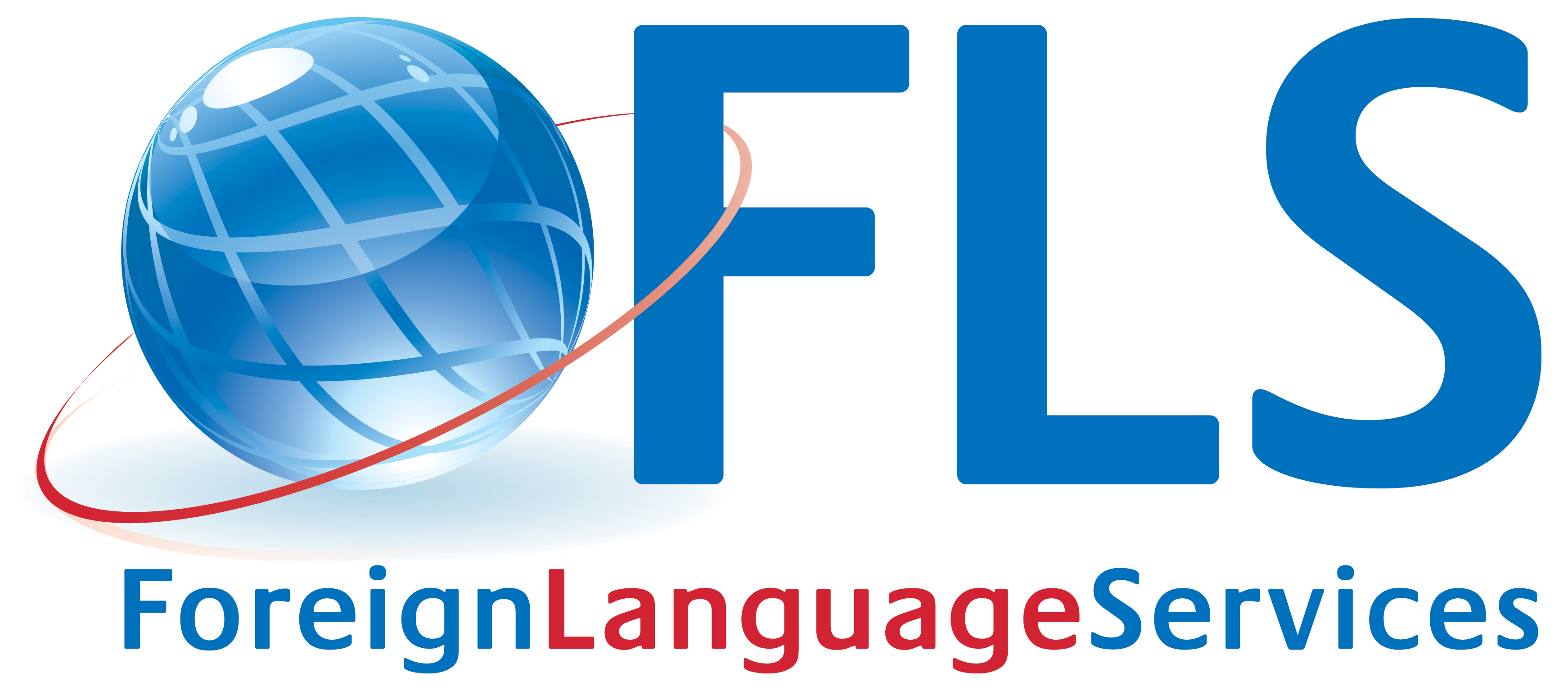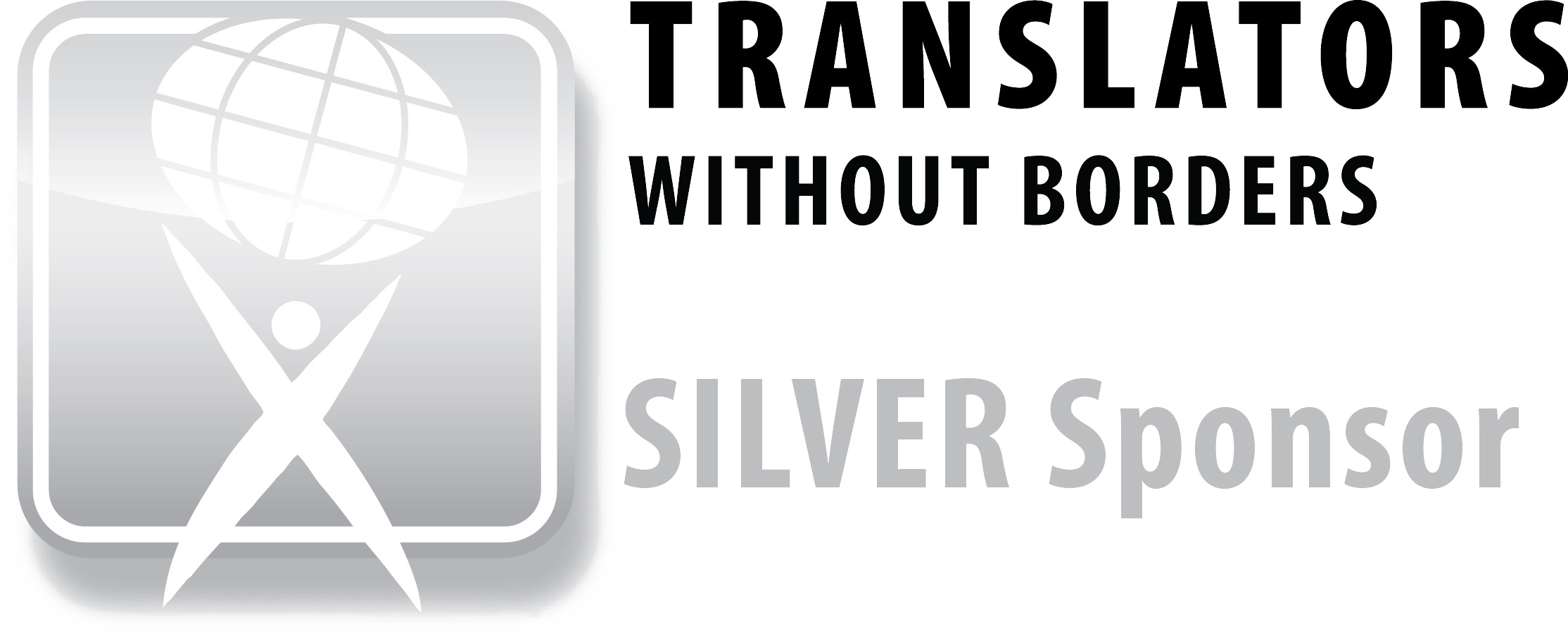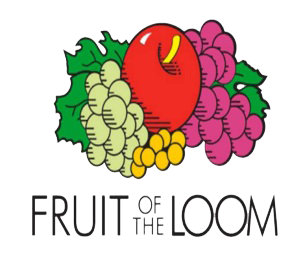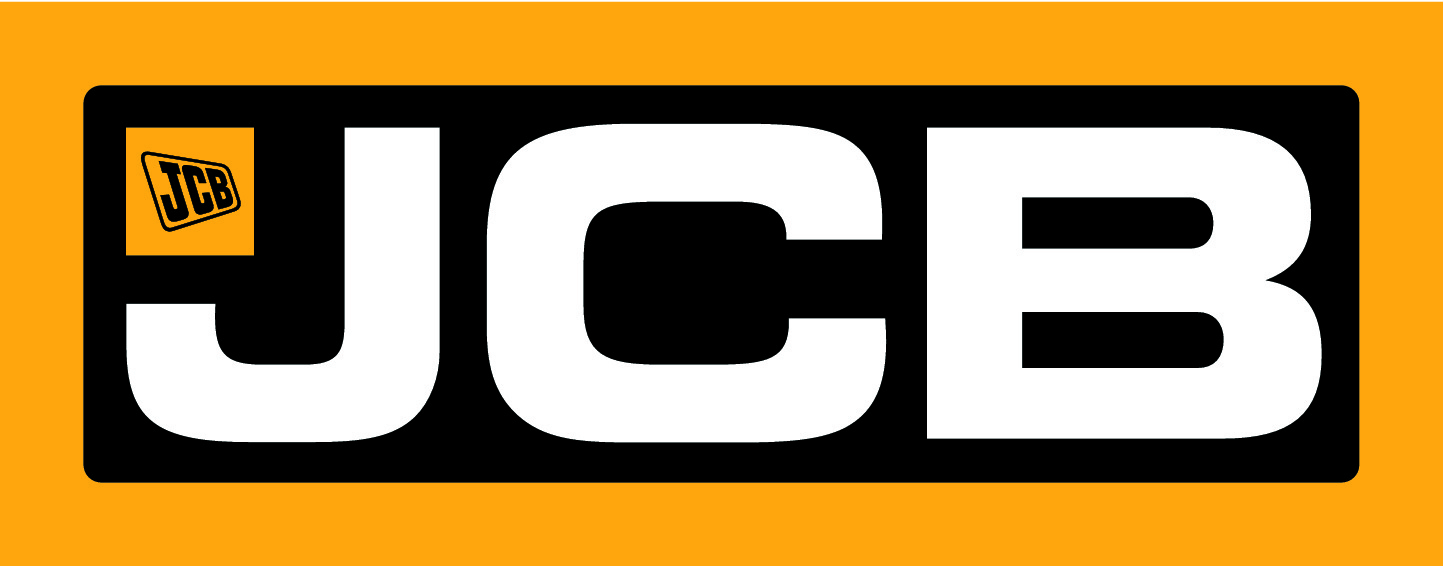What’s your language strategy
Posted: November 26th, 2015
A recent study commissioned by the European Commission’s Directorate-General for Education and Culture found that SMEs with a consistent language strategy increased their sales turnover by up to 25%.
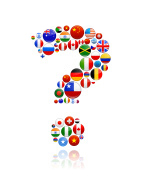 What is a ‘language strategy’? Well it can be defined as ‘the planned adoption of a range of measures to facilitate effective communication with clients and suppliers abroad.’
What is a ‘language strategy’? Well it can be defined as ‘the planned adoption of a range of measures to facilitate effective communication with clients and suppliers abroad.’
‘Attending Industry specific events abroad may leave you at a disadvantage when your competitors have their documentation translated…’
Many of us rely on our foreign cousins to understand English, and we may feel the cost of translation to be an added burden we do not want to shell out for. Imagine yourself at an event, you know you have a great product, you know you have great customer service, and a great team of people behind you. Then you find yourself faced with your competitor’s stand, they have all their information in the target language…
Generally, those on the continent do have a great understanding of English, but of course, they will be naturally drawn toward publications in their mother tongue. People will always take the path of least resistance, and so no matter how good your Company is, here you will be losing out immediately.
The report listed several measures, which if planned for and implemented in advance, would help facilitate a company’s entry or expansion in a new foreign market where there are language or cultural barriers.
One such language strategy measure included the use of a professional translation company that knows the foreign market, professional translators, and professional indemnity insurance. If this is adopted in the beginning would be able to assist with four of the report’s recommended language strategy measures:
- Creation of websites with special cultural and/or linguistic adaptations
- Translation of promotional, sales, and technical materials
- Language training and cultural briefings
- Product or packaging adaptation in line with local tastes and customs
An important fact raised in the report was that those SMEs who had lost contracts in the past because of language and cultural barriers learned from their communication problems and realised how crucial having a language strategy was for their exporting success.
Other findings in the report revealed that those companies with a language strategy were able to place a value on it and measure its impact.
By introducing a foreign language strategies:
43% of companies reported to have increased their turnover by more than 25%
30% put the increase in terms of trade at 16-25% of turnover.
73% of companies said sales turnover had increased by a minimum of 16%.
These are great statistics!
Translation may not be the huge expense you imagine it to be, and there are many cost-saving translation tools around which will work for your publication now, and into the future.
See ‘Translation Memory’ under ‘Our Services’ on our website for more information, or contact us at:
T: (0) 1785 255067 or E: translations@fls-ltd.com
